Vassar Salutes Eight Faculty Members and Two Administrators Who Retired in 2025
Janet Andrews
Associate Professor of Cognitive Science
Andrews is a scholar of the way that humans perceive, categorize, and learn. She has published 20 scientific papers—many with undergraduate co-authors whom she also took to national research conferences. Her current project is a meta-analysis of a half a century of work on what happens to the mind when learning a new way to categorize something.
Andrews also served four years as Dean of Freshmen (now First-Year Students) from 1982 to 1986 and co-chaired the College Institutional Review Board for more than a decade. With 46 years at Vassar, she is the longest-serving faculty member in this year’s cohort of retirees.
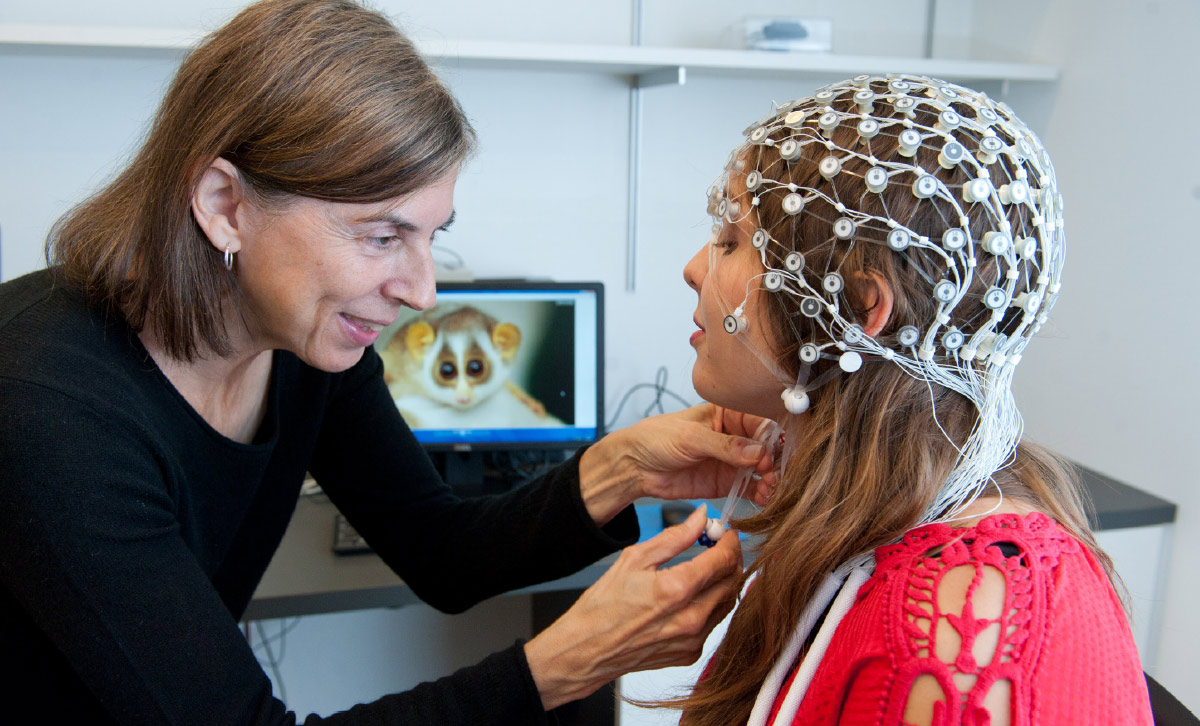
Andrew Bush
Professor of Hispanic Studies
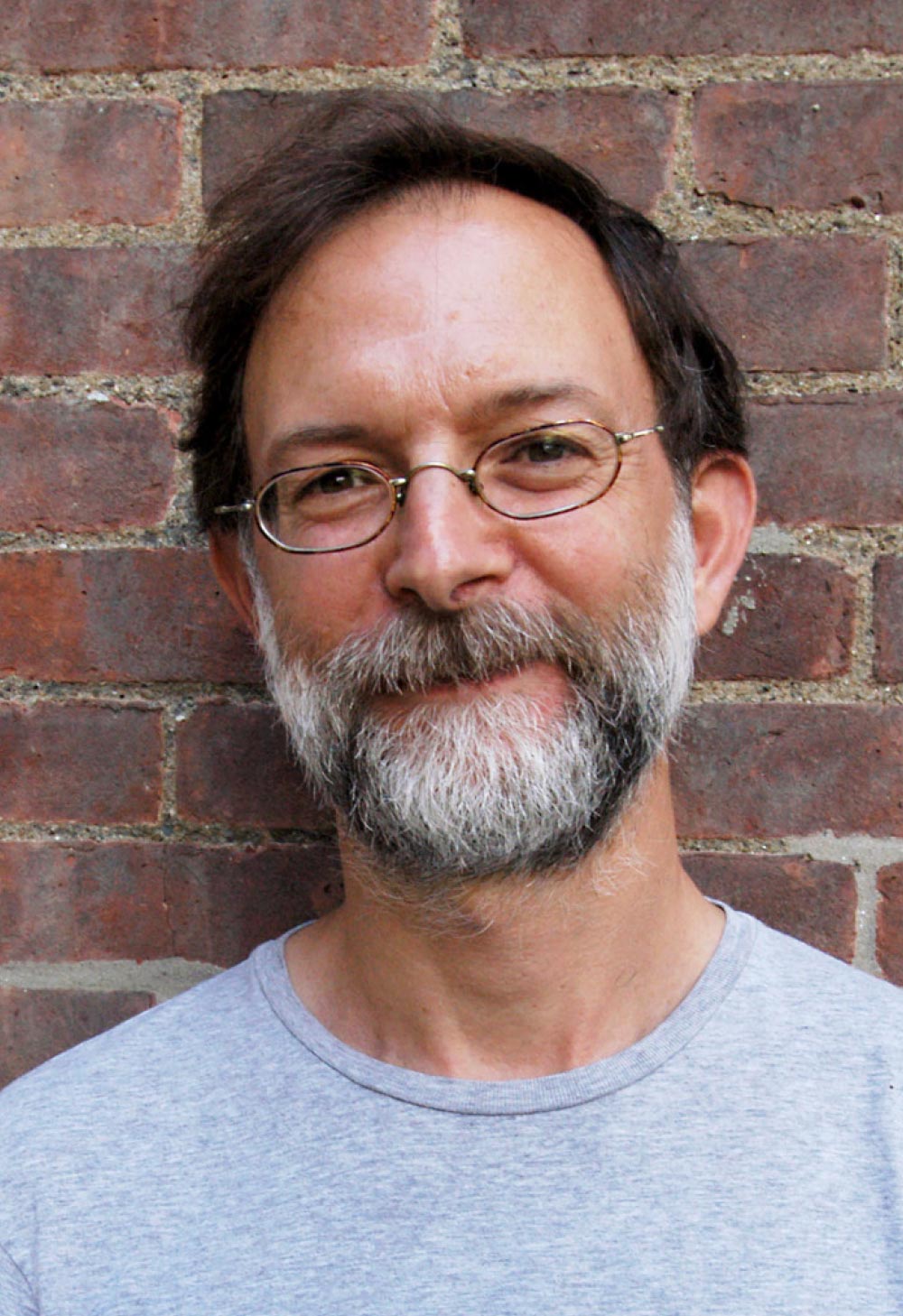
Bush’s areas of scholarship include Golden Age Spain, contemporary Peninsular literature, Spanish American literature, comparative literature and literary theories, and Jewish studies. In 2002, he published the monograph The Routes of Modernity: Spanish American Poetry from the Early 18th Century to the Mid-19th Century and in 2011, Jewish Studies: A Theoretical Introduction. He also has authored more than 50 articles, book chapters, reviews, and translations. From 1987 to 1991, he served as Editor in Chief of the journal Revista de Estudios Hispánicos.
At the College, Bush served two terms as Chair of Hispanic Studies and two terms as Director of Jewish Studies. He also served as Director of Community Works, the annual charitable-giving campaign that coordinates gifts from Vassar’s employees to local nonprofits.
Leslie Dunn
Professor of English
A scholar of English Renaissance lyric poetry and music, Dunn’s research focuses on music, gender, and representation in early modern England. She led a faculty study trip to the Globe Theatre in 2007 and performed archival research there as well. She authored many essays and reviews and edited the 1995 collection Embodied Voices: Representing Female Vocality in Western Culture.
Dunn served as Dean of Freshmen (now First-Year Students) and also as a Class Advisor. She directed Vassar’s Learning and Teaching Center from 2003 to 2006 and the Women’s Studies Program from 2012 to 2015. More recently, she co-chaired the Library Committee and served on the Faculty Appointments and Salary Committee.
Dunn said her favorite thing about Vassar is the students. “They are amazing,” she said. “It’s been a privilege to learn from them.” As for post-retirement, Dunn said, “In the immediate future I plan to finish a book, travel, get back to playing the piano, and learn to make bagels. After that, who knows?”
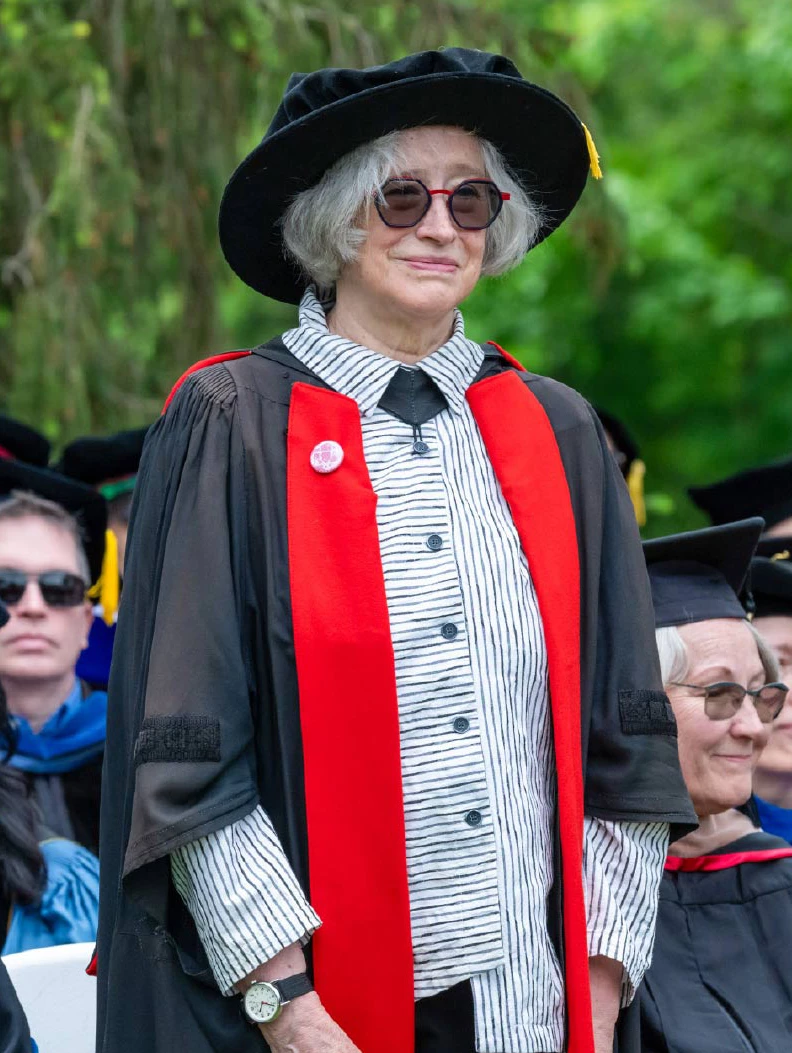
Peipei Qiu
Professor and Chair of Chinese and Japanese on the Louise Boyd Dale and Alfred Lichtenstein Chair
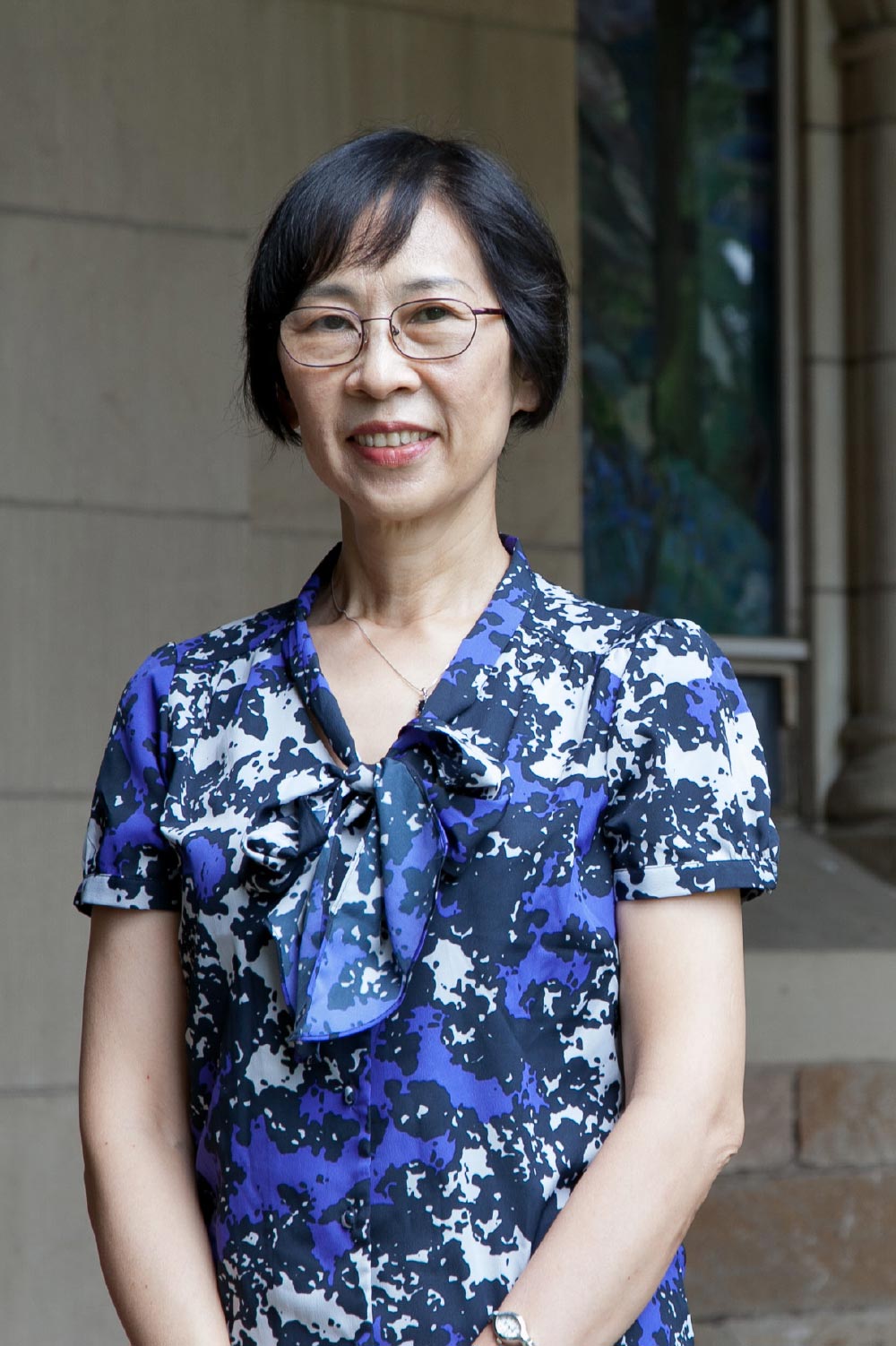
Qiu is a specialist in classical Japanese literature with a focus on comparative studies of Japanese and Chinese poetry, Daoism, and women in Asian societies. Besides publishing many articles, translations, and reviews, Qiu also authored the award-winning 2013 book Comfort Women: Testimonies of Imperial Japan’s Sex Slaves. She is also playing a major role in a project employing artificial intelligence technology to shed further light on the horrors these women endured in the 1930s and 1940s.
Qiu served as a Class Advisor during the height of the COVID-19 pandemic, overseeing a gift from parents of Vassar’s Chinese students of more than 25 shipments of personal protective equipment for those in the Vassar community who had to remain on campus.
“My favorite thing about Vassar has been witnessing the incredible growth and development of students here,” said Qiu. “I feel truly privileged to support them on their journeys at Vassar, helping them overcome challenges and celebrate successes. What I will miss most are their bright smiles and the rewarding experience of working closely with such talented and passionate individuals. After retirement, I’d love to continue seeing many of them, as I will be visiting the Vassar library often to finish my book project on Daoist studies—a three-volume study and translation of a thirteenth-century commentary on the Daoist classic Zhuangzi, to be published by Oxford University Press.”
Luke Harris
Professor of Political Science
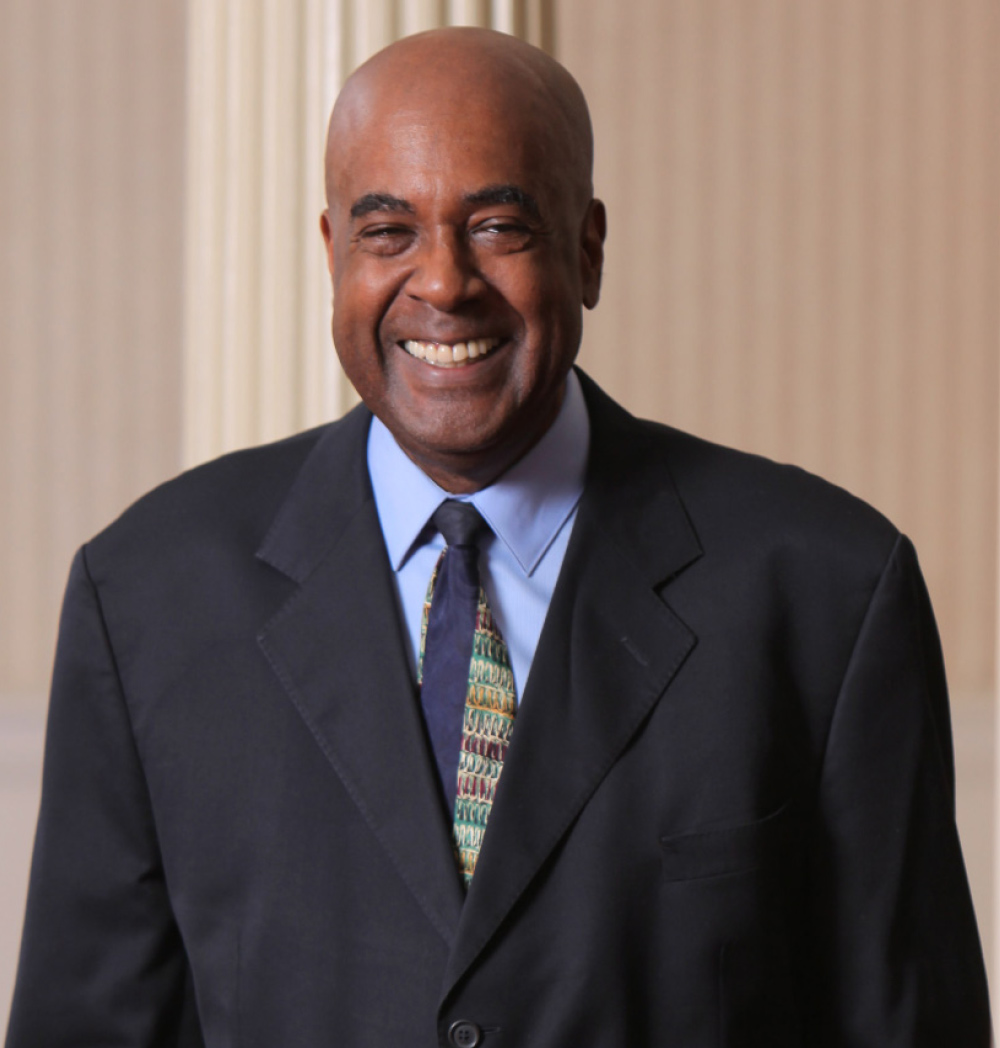
Harris has authored numerous critically acclaimed articles on questions of equality in contemporary America and is a frequent speaker in major forums espousing the positive impacts of affirmative action. Along with Professor Kimberlé Crenshaw of Columbia Law School, he co-founded the African American Policy Forum—a nationally recognized think tank that works to dismantle structural inequality in U.S. society—and said he will continue that work post-retirement.
At Vassar, Harris served as Director of Affirmative Action, Chair of the Political Science Department, and on the Committee on Inclusion and Equity.
William Straus
Associate Professor of Biology
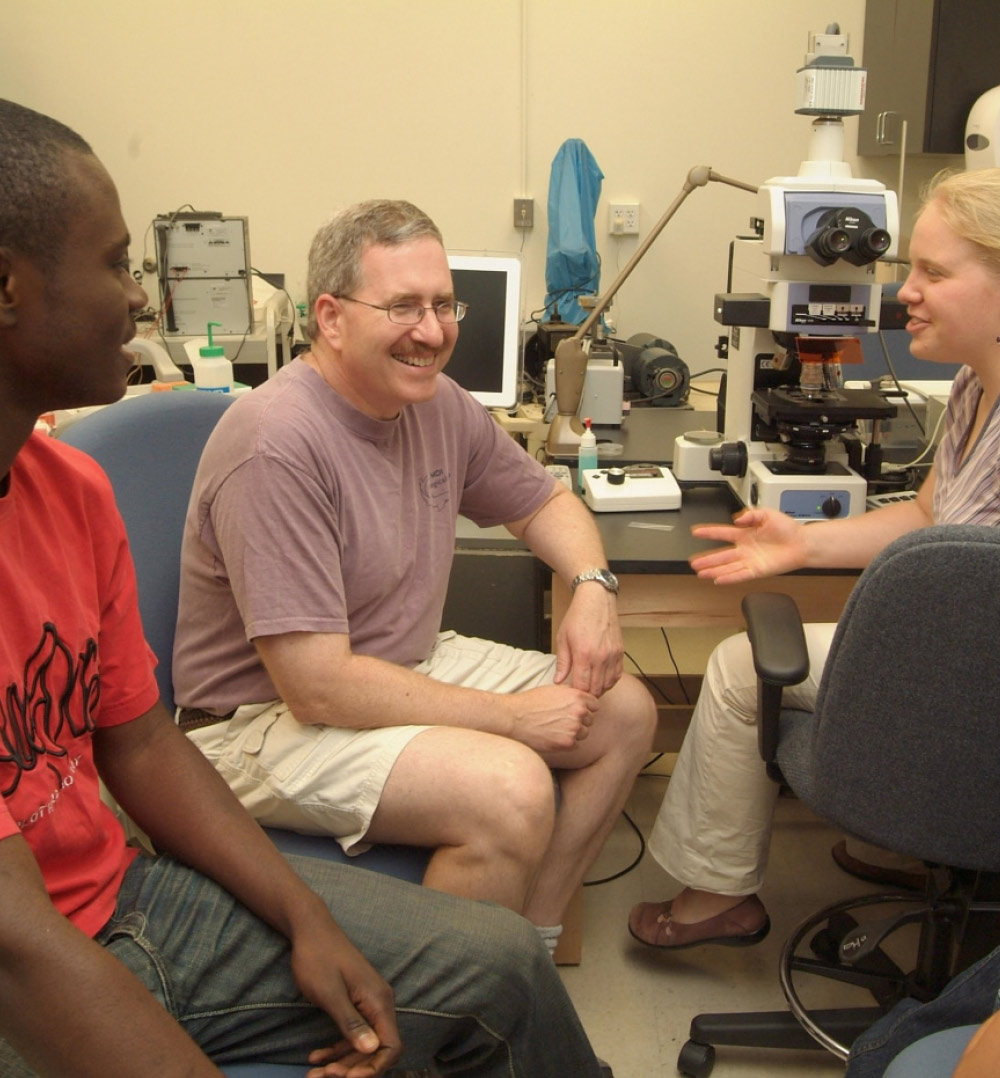
A scholar of biochemistry and molecular biology, Straus publishes on the topic of enzymes that allow the digestion of proteins—studying these processes in such diverse creatures as single-celled organisms and little skate fish. He prioritized making his work accessible to students, whom he frequently brought on research trips and to national conferences. “My favorite thing about Vassar has been the wonderful students that I’ve been privileged to work with, both in the classroom and the research laboratory,” he said.
Straus led efforts to secure multiple institutional grants totaling more than $3 million that supported science education of Vassar students, Vassar students who wanted to become science teachers, and access to higher education for students from the Poughkeepsie School District. He was a Class Advisor in the Dean of Studies Office and also served multiple terms on Vassar’s Faculty Policy and Conference Committee and a term as Vassar’s Faculty Director of Affirmative Action.
Paul Ruud
Professor of Economics
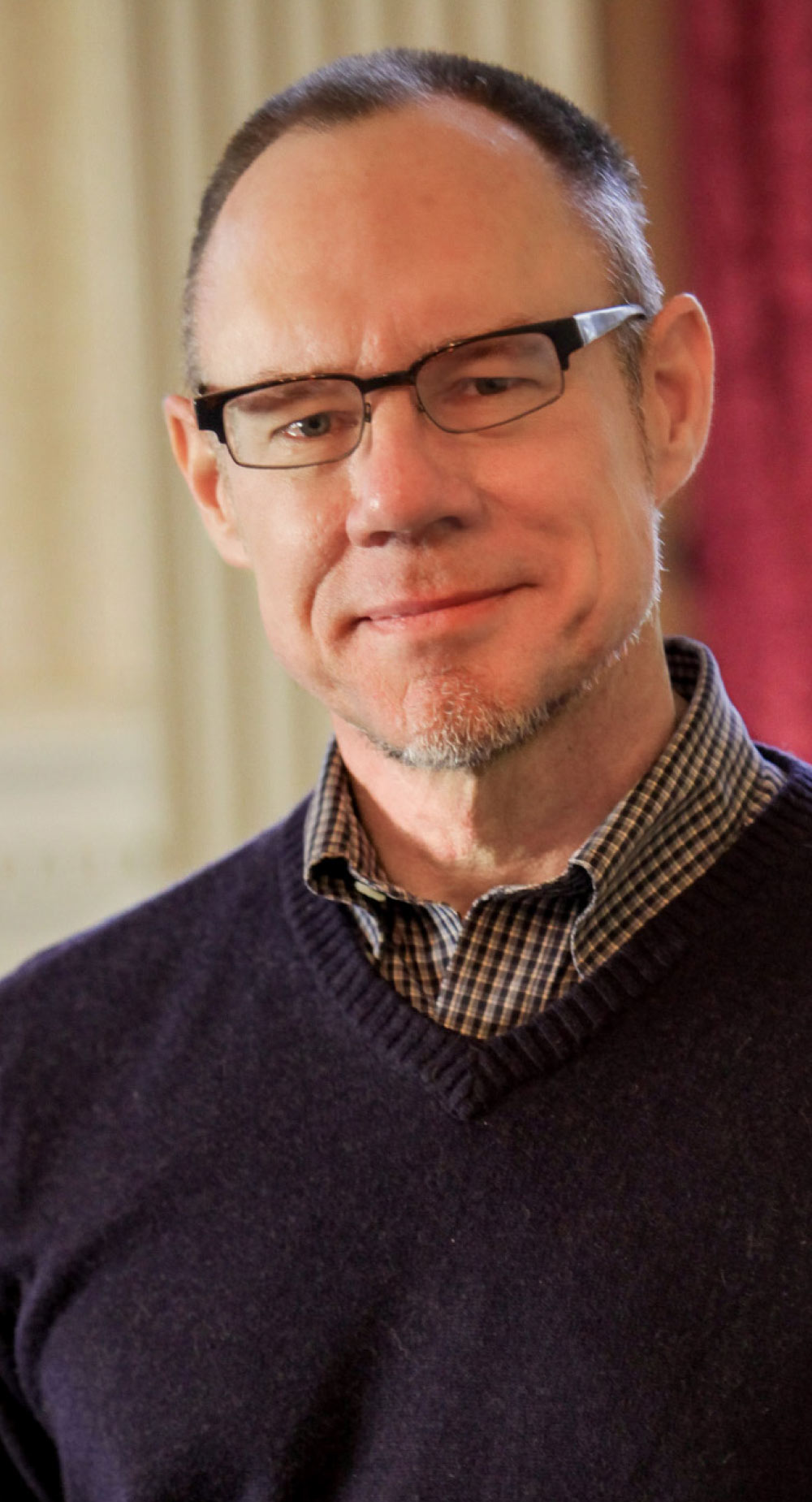
Rudd is author or co-author of more than 40 research and review articles in top economics journals. Vassar’s most advanced students used his textbook, An Introduction to Classical Econometric Theory. He also taught courses on climate change and economics as it relates to the environment.
His academic leadership roles included chairing the Economics Department and serving on the Benefits Committee, the Committee on Curricular Policies, the Faculty Policy and Conference Committee—and on the hiring committee that brought President Elizabeth Bradley to the College in 2017.
Denise Walen
Professor of Drama
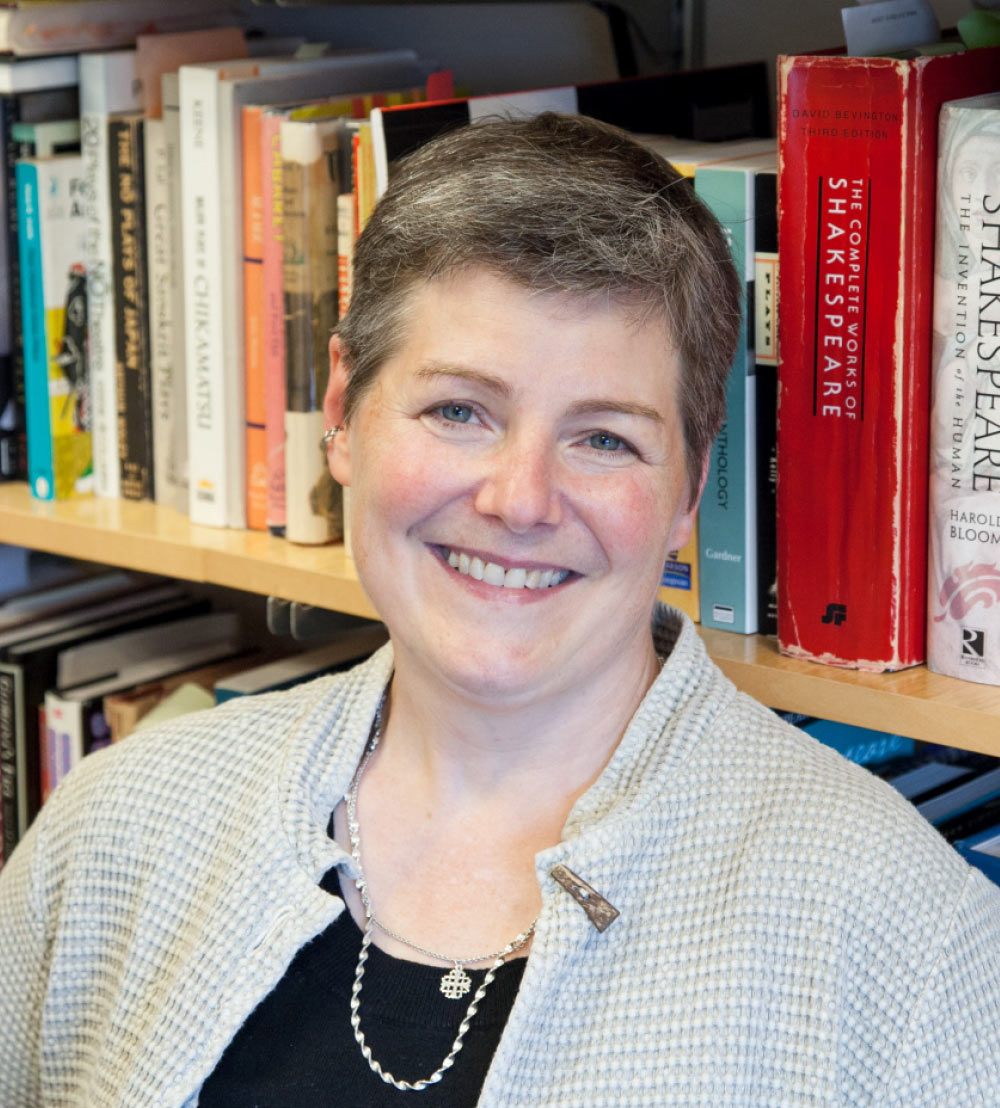
Walen’s work often focused on the disappearance from performance, sometimes for centuries, of scenes involving female characters. She is the author of more than 20 articles, reviews, and book chapters and wrote the monograph Constructions of Female Homoeroticism in Early Modern Drama. In 2013, she curated an exhibition for the Folger Shakespeare Library in Washington, DC, and worked at the Globe Theatre in London. She was also a member of the editorial board for Shakespeare in Performance: Prompt Books from the Folger Shakespeare Library.
Walen also served as Chair of the Drama Department, Dean of First-Year Students, and many faculty committees.
Walen said she was planning to write a few articles about Macbeth in retirement, “one especially about the scene in which Lady Macduff and her son are murdered and its disappearance from productions for some two hundred years.”
Rev. Samuel Speers
Associate Dean of the College for Religious and Spiritual Life and Contemplative Practices
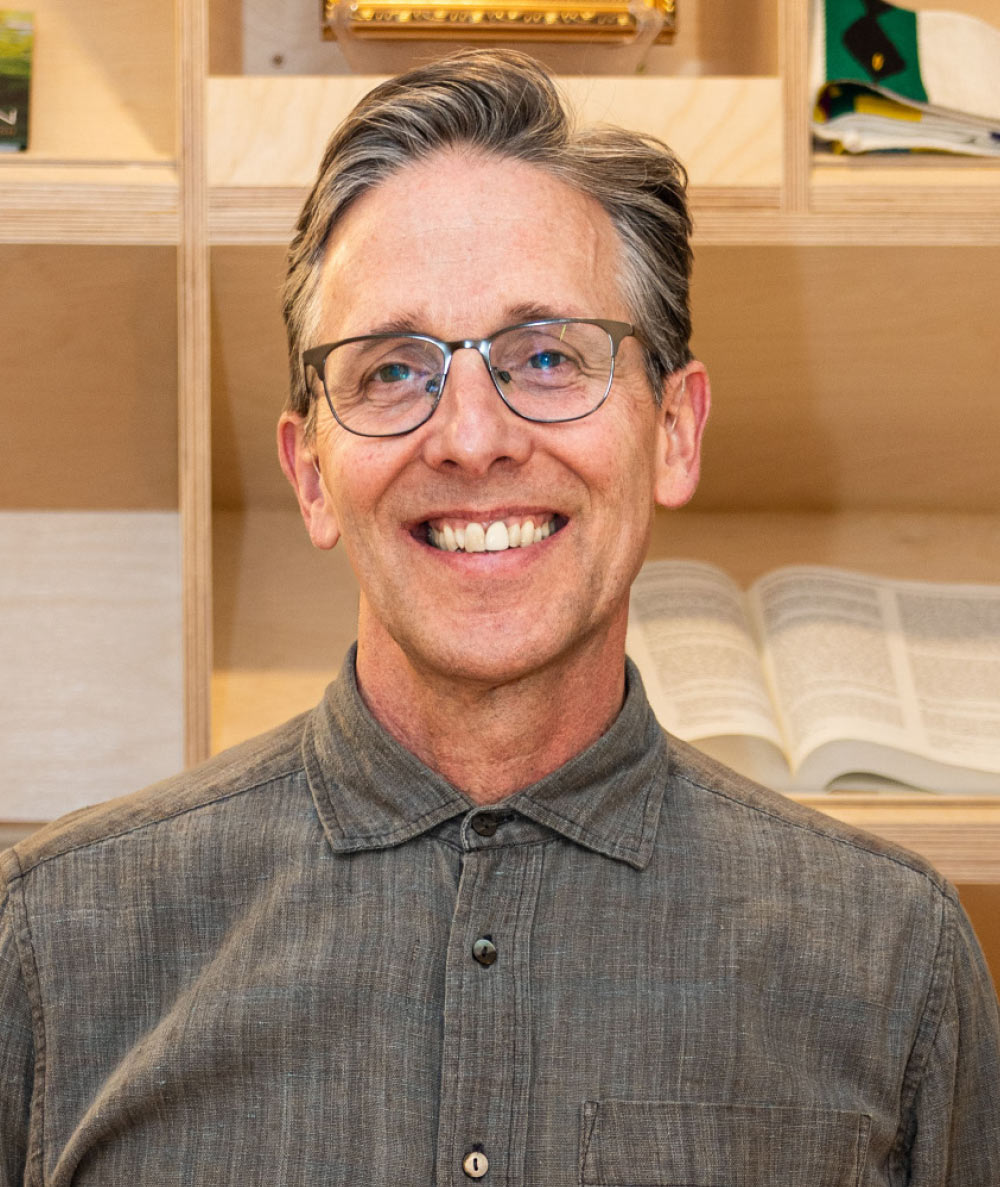
The office now employs two other full-time advisors, Rabbi Bryan Mann, Rachlin Director for Jewish Student Life, and Saba Ali, Advisor of Muslim Student Life. Together, Speers, Rabbi Mann, and Ali oversaw the conversion of Pratt House, formerly the Dean of the College’s residence, into a gathering place for students engaged in programs initiated by the Office of Religious and Spiritual Life and Contemplative Practices and other students just looking for a quiet and welcoming place to study or share meals.
Speaking at Speers’s farewell party, Dean of the College Carlos Alamo-Pastrana talked about a special role his sense of empathy had played during times of crisis on campus. “Work in the Dean of the College area is incredibly hard,” Alamo-Pastrana said. “It’s very exhausting and painful. We tend to cry a lot because of that. Sam is actually the Chair of what we call Weepers Anonymous. “He’s opened up space in meetings for us to be able—during these very difficult moments—to unload and cry with each other . . . One of the things that he does each and every day is be the holder of our pain.”
Speers said retiring was not an easy decision, “but in a way, one thing that does make it perhaps a little bit easier, at least for me, is realizing anew that, actually, goodbye is a blessing. Goodbye means ‘God be with you.’ It’s a contraction that we’ve lost in our secular time. So, as I say goodbye, I say it with a very, very full heart in that full way of what goodbye really means. And that makes it a little easier. My heart is so full with thanks as I say goodbye.”
John Bradley
Executive Director of the Vassar Education Collaboration
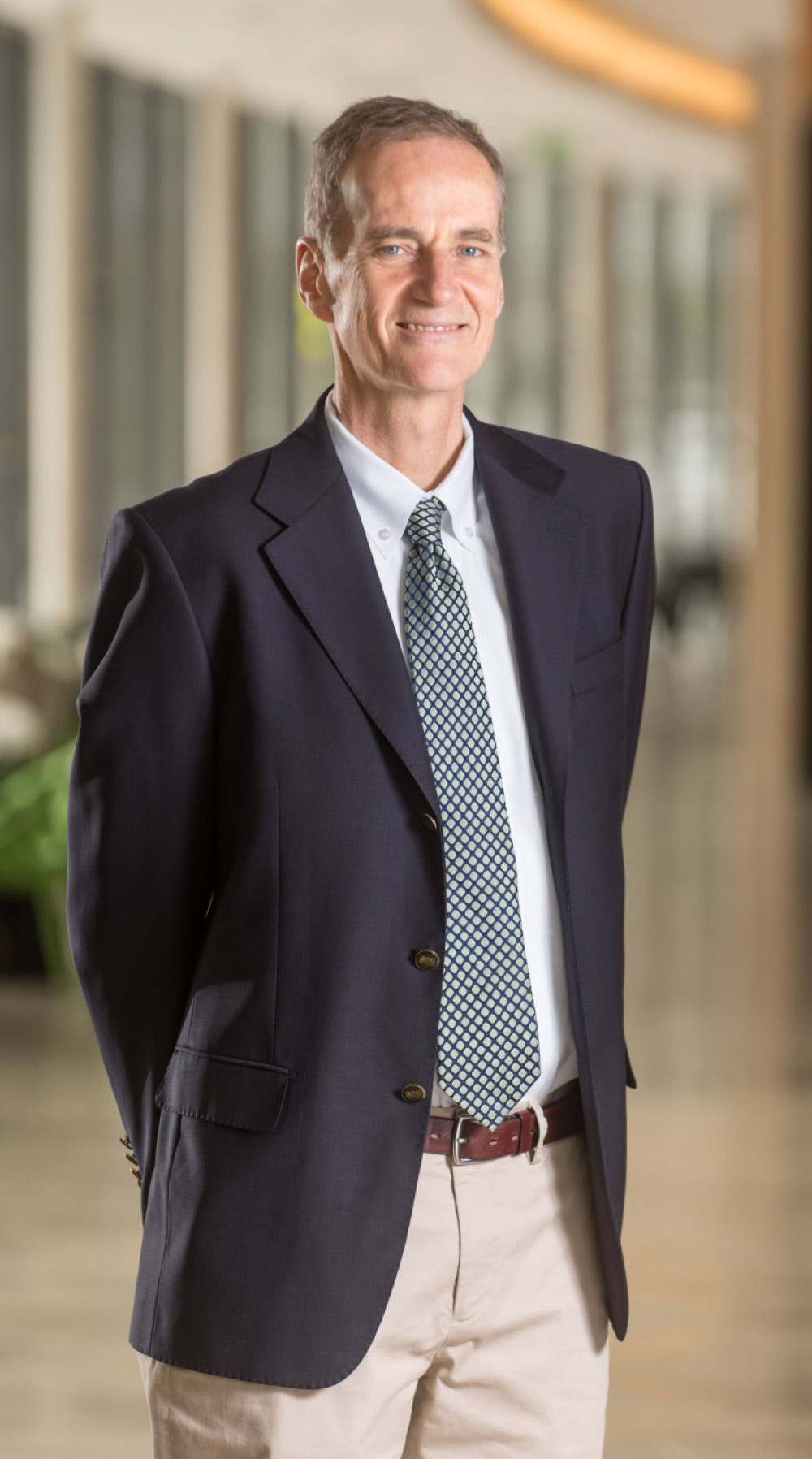
“Vassar was my sixth employer in my 40-plus-year working career and was the best workplace of them all,” Bradley said. “My fellow staff members and the faculty were supportive, helpful, and eager to assist with any new idea or program. One memory that will stand out to me is the generosity of time and spirit that I saw from the Vassar students who were working in the Vassar Education Collaboration, which connected the students on campus to the City of Poughkeepsie school children.”
Fortunately for Vassar and the local community, Bradley will remain a campus resident as he begins his retirement. “I want to spend more time exploring the Vassar Arboretum, Preserve, and the outside spaces of the Hudson Valley,” he said. “I would also like to get more involved in civic life in Poughkeepsie and Dutchess County.”